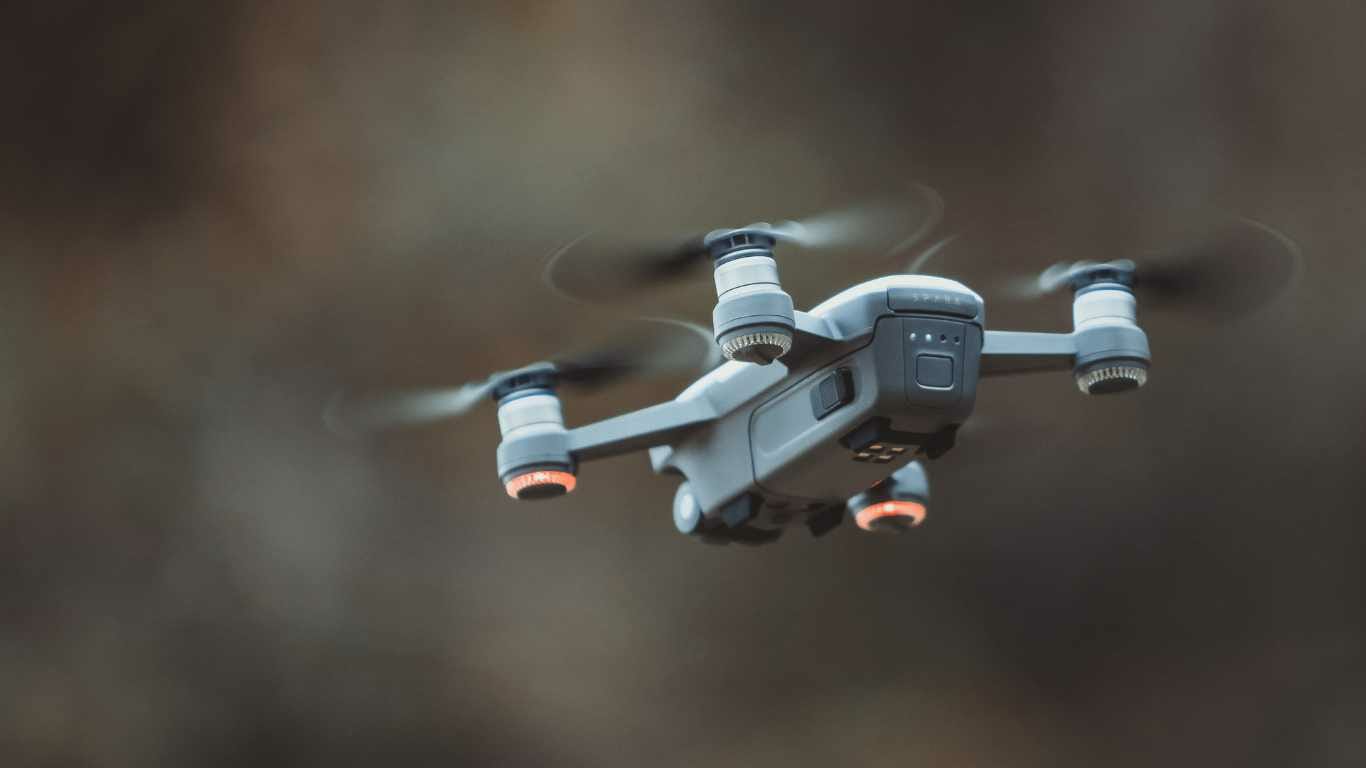Drones, also known as Unmanned Aerial Vehicles (UAVs), have become increasingly popular for various applications, including aerial photography, surveillance, agriculture, and even package delivery. Like many other countries, India has implemented drone regulations to ensure safe and responsible air operations in its airspace. If you’re interested in flying a drone in India, obtaining a drone license is crucial to complying with the legal requirements and enjoying the experience without any hassles.
Understanding Drone Regulations in India
1). Types of Drones and Categories
In India, drones are classified into five categories based on their maximum take-off weight. Each category has different regulations and requirements that drone operators must follow.
2). Drone Licensing Authority
The Directorate General of Civil Aviation (DGCA) is the governing body responsible for regulating drone operations in India. It issues licenses and permits for both recreational and commercial drone pilots.
3). Drone Registration Process
Before obtaining a drone license, you must register your drone with the DGCA through the Digital Sky platform. Registration is mandatory for all categories of drones.
Eligibility Criteria for Drone Pilots
1). Age Requirements
To be eligible for a drone license in India, you must be at least 18 years old.
2). Educational Qualifications
There are no specific educational qualifications required to obtain a drone license. However, having a basic understanding of aviation rules and regulations is beneficial.
3). Security Clearance
As part of the licensing process, you must obtain security clearance from the Ministry of Home Affairs.
Preparing for the Drone License Test
1). Syllabus and Test Format
The drone license test covers various topics, including aviation rules, airspace restrictions, emergency procedures, and meteorology. Understanding the syllabus and test format is essential for effective preparation.
2). Study Materials and Resources
Several online resources, study guides, and official publications are available to help you prepare for the drone license test.
3). Mock Tests and Practice
Taking mock tests and practicing with sample questions will improve your confidence and performance in the actual examination.
Applying for the Drone License
1. Online Application Process
The application for a drone license is submitted through the Digital Sky platform, which requires you to provide essential personal and drone-related information.
2. Document Submission
You must upload the necessary documents, including your identification, drone registration, and security clearance certificates.
3. Fees and Processing Time
A nominal fee is charged for processing the license application, and the time taken for approval can vary based on the workload of the authorities.
Obtaining the Drone License
1. Practical Flight Examination
After obtaining clearance for the written test, you need to undergo a practical flight examination to demonstrate your piloting skills.
2. Certification and ID Card
You will receive a drone pilot certificate and an identification card upon successfully passing the practical exam.
3. Validity Period and Renewal
The drone license is typically valid for five years and must be renewed before its expiration.
Dos and Don’ts of Flying Drones in India
1. Restricted Zones and No-Fly Areas
Drone operators must adhere to no-fly zones, including airports, military installations, and other restricted areas.
2. Safety Measures and Best Practices
Adopting safety measures, such as maintaining a safe distance from people and property, is crucial for responsible drone flying.
3. Insurance Requirements
Having drone insurance is not mandatory, but it is advisable to protect yourself and others from potential damages.
Commercial Drone Operations in India
1. Obtaining a Unique Identification Number (UIN)
Commercial drone operators must obtain a Unique Identification Number (UIN) for each drone they intend to use.
2. Remote Pilot License (RPL) for Commercial Use
For commercial drone operations, pilots must acquire a Remote Pilot License (RPL) in addition to the drone license.
3. Permissions and Regulations for Commercial Operations
Commercial drone operations may require additional permissions and adherence to specific regulations.
Future of Drone Licensing in India
Changes and Updates to Drone Regulations
With the drone industry evolving rapidly, the Indian government is likely to introduce new regulations and updates to enhance safety and efficiency.
Integrating Drones into the Indian Airspace
Efforts are being made to integrate drones into the national airspace system for seamless operations.
Expanding Opportunities for Drone Pilots
As the demand for drone services increases, there will be more opportunities for licensed drone pilots in various industries.
Conclusion
Obtaining a drone license in India is a straightforward yet essential process to ensure drones’ safe and responsible operation. By understanding the regulations, preparing diligently for the licensing test, and following dos and don’ts while flying, you can enjoy the exciting world of drone piloting while contributing to the growth of this emerging technology.
FAQs
Do I need a drone license for recreational use?
Yes, even for recreational purposes, you must register your drone and obtain a drone license in India.
What is the validity period of a drone license?
A drone license is typically valid for five years from the date of issuance.
Is drone insurance mandatory in India?
No, drone insurance is not mandatory, but it is advisable to have it for protection against potential liabilities.
Can foreign nationals apply for a drone license in India?
Yes, foreign nationals can apply for a drone license in India after fulfilling the requirements.
Can I fly my drone anywhere in India after getting the license?
No, there are certain restricted zones and no-fly areas where drone operations are prohibited, and you must adhere to them.
